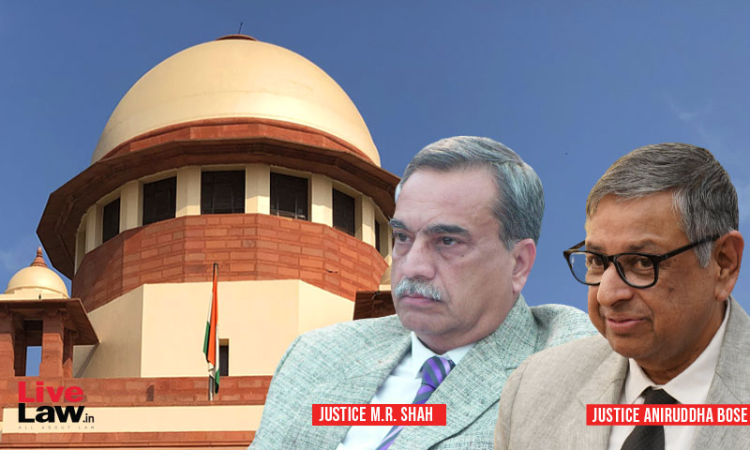The Supreme Court observed that criminal proceedings under SC-ST (Prevention of Atrocities) Act, is not vitiated merely because the magistrate had taken cognizance and committed the case to Special Court.The bench of Justices MR Shah and Aniruddha Bose observed that the insertion of second proviso to Section 14 of the Act only gives additional powers to the Special Court to take cognizance...

